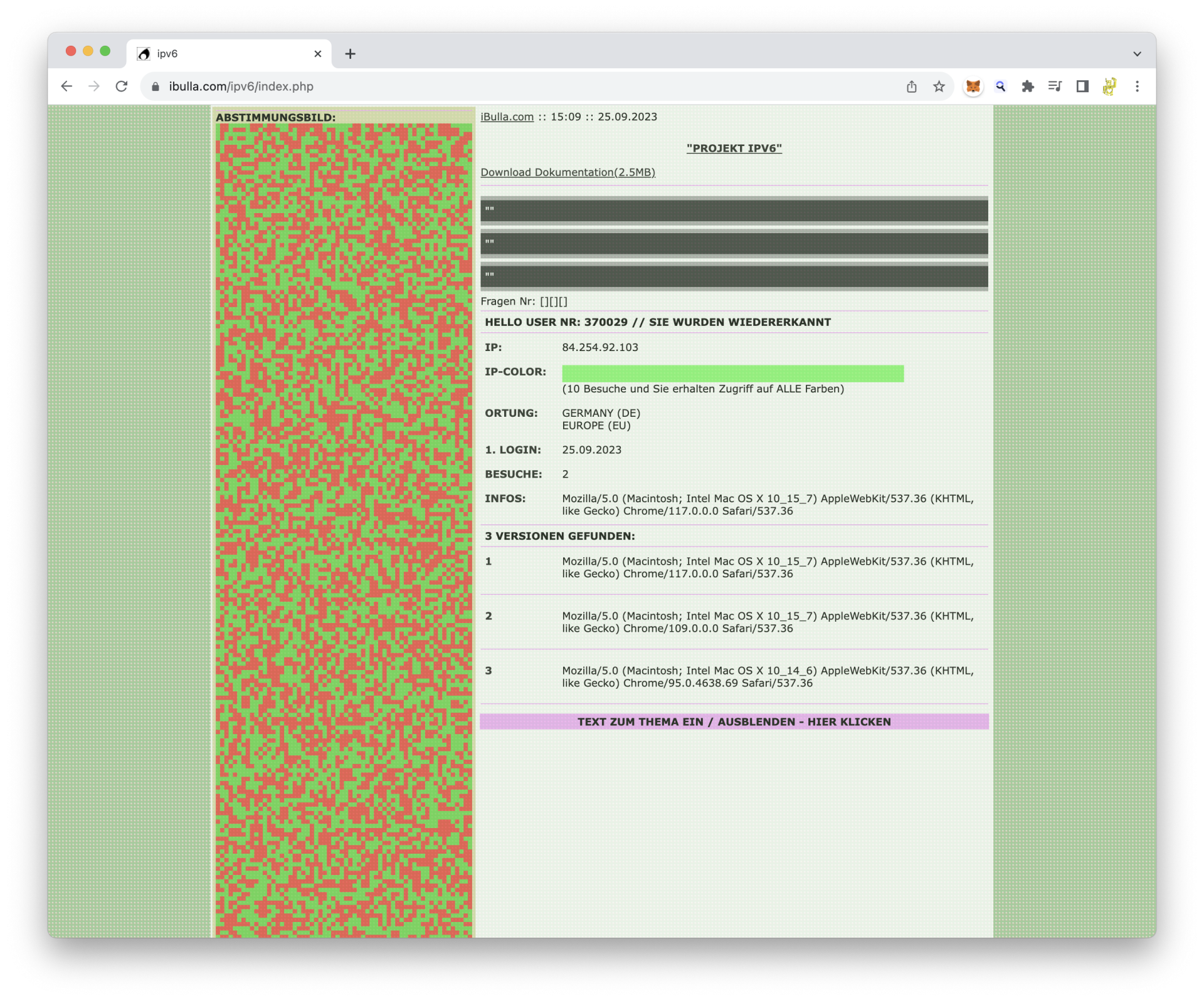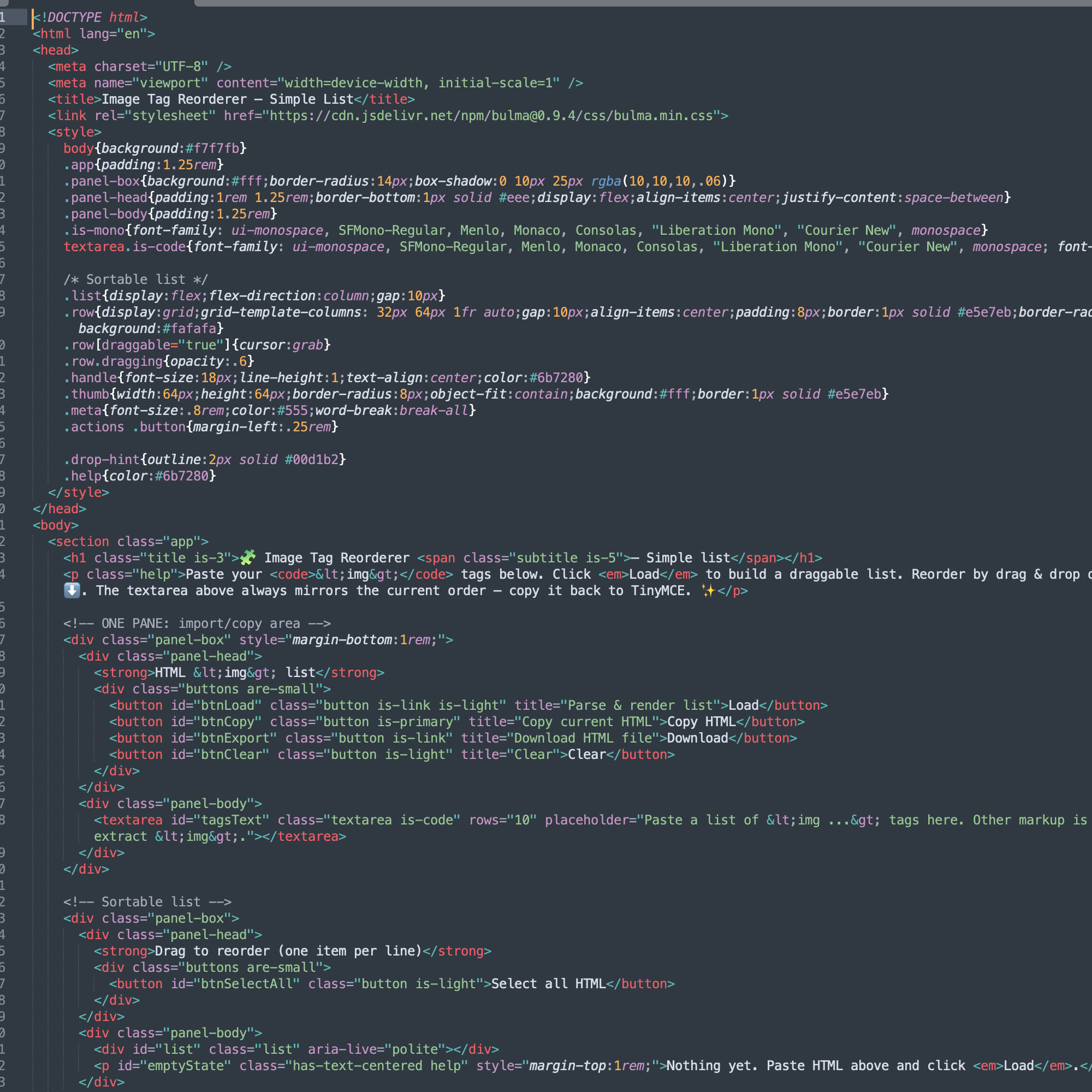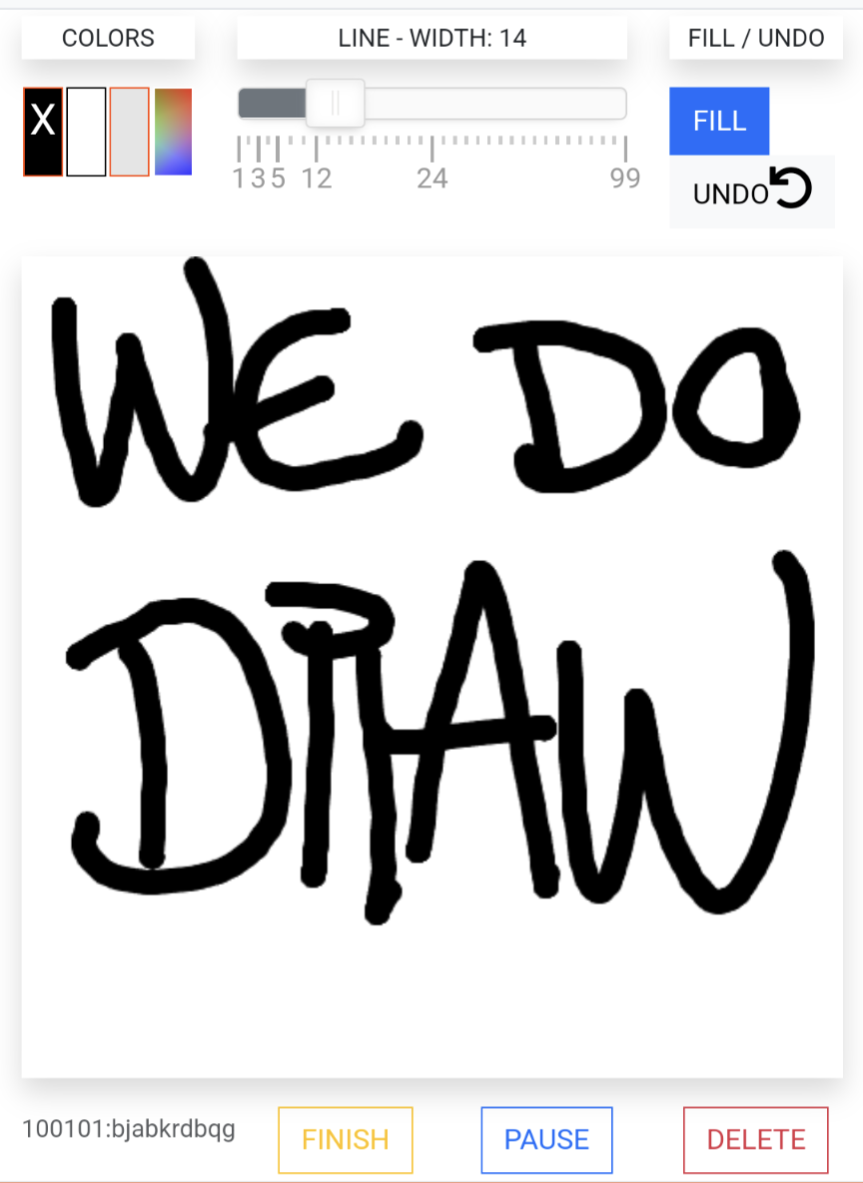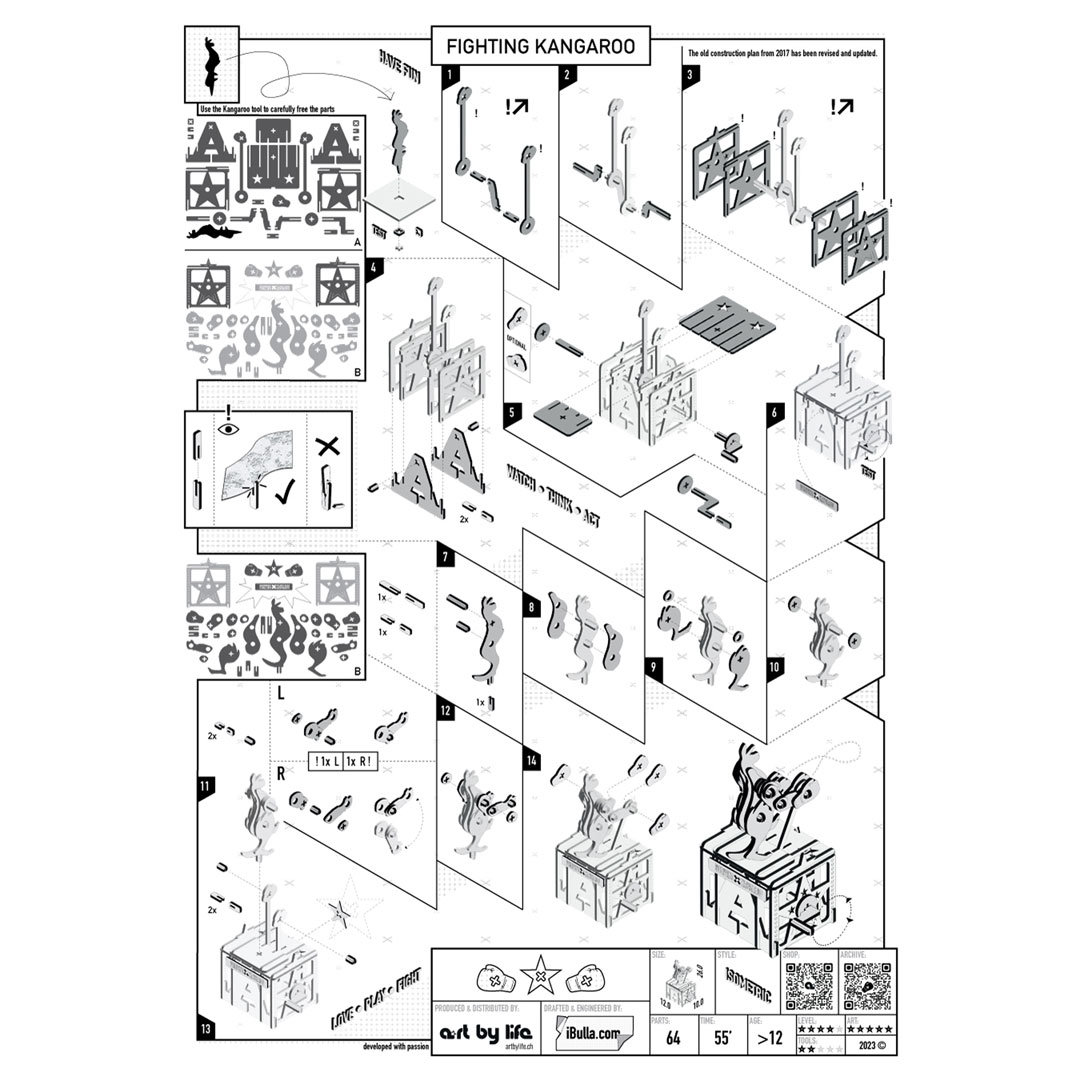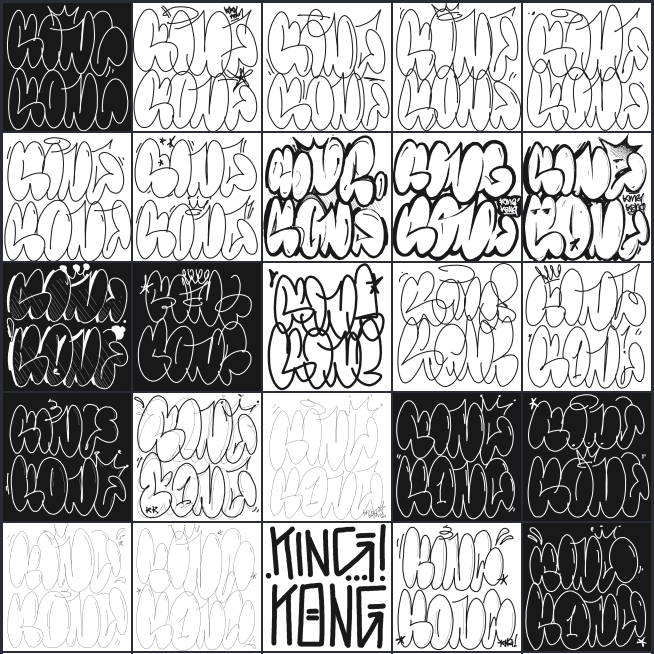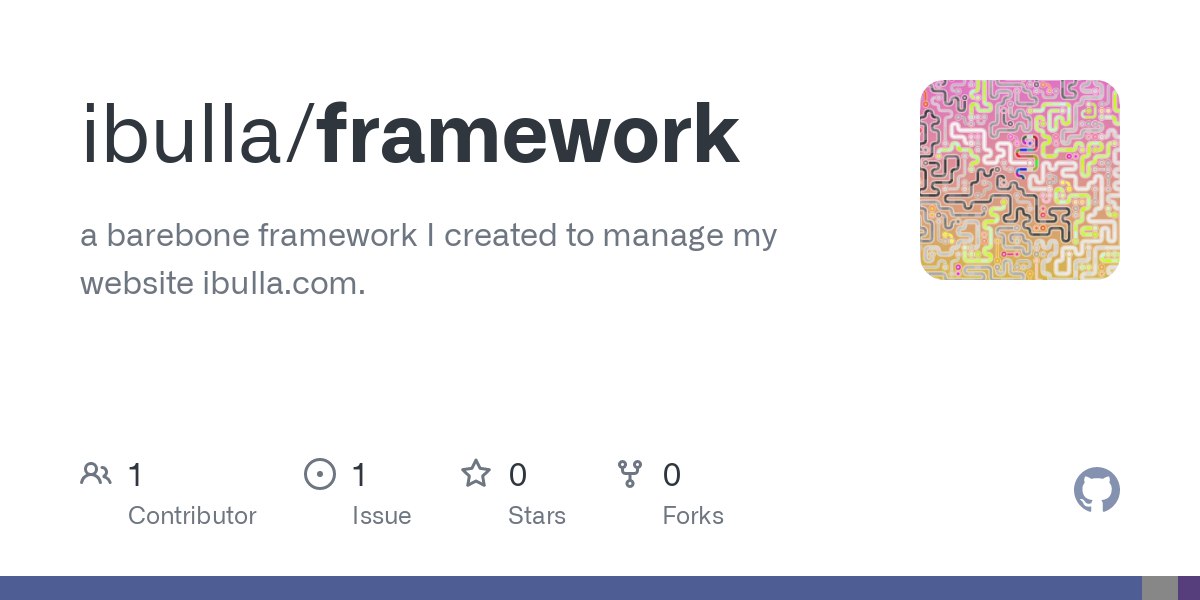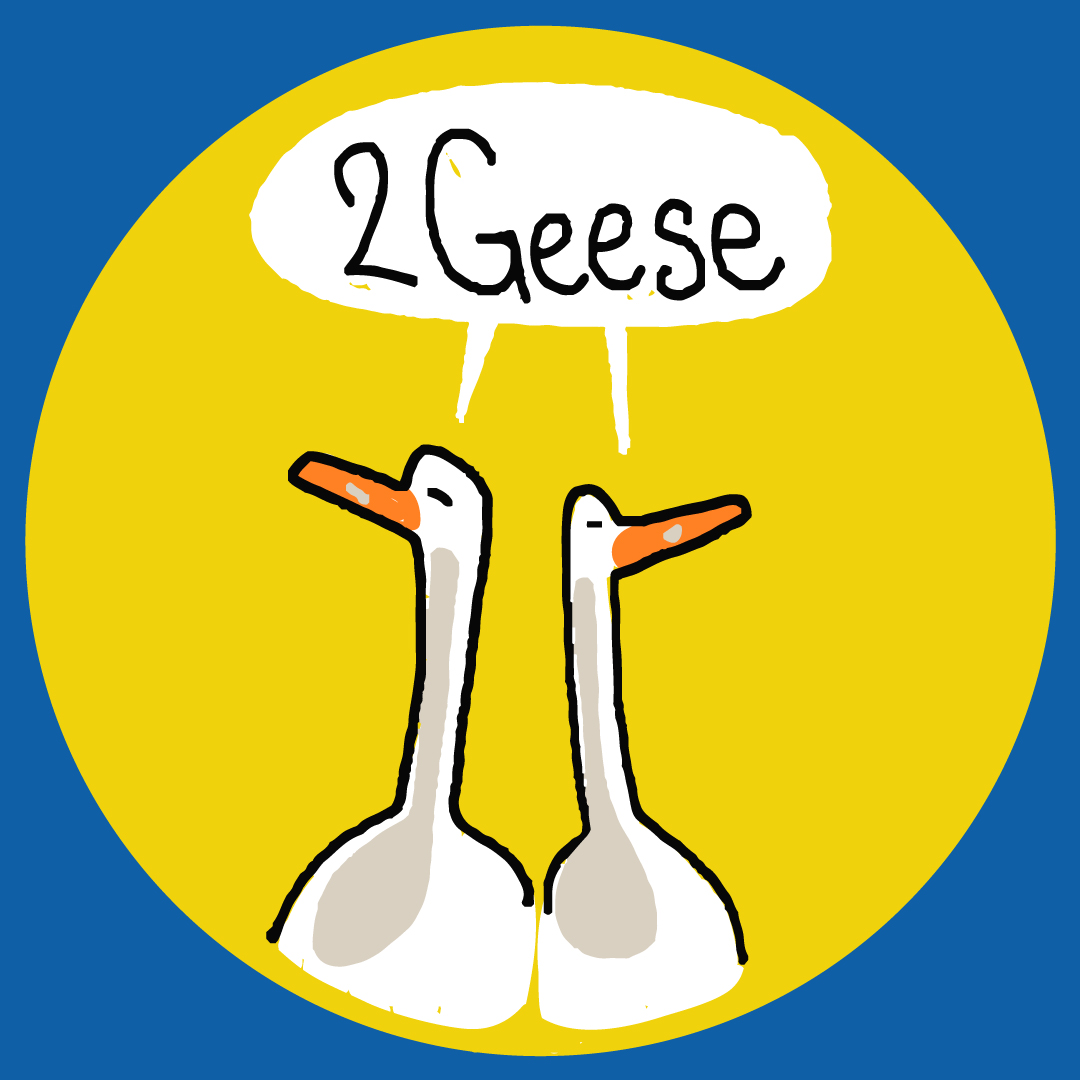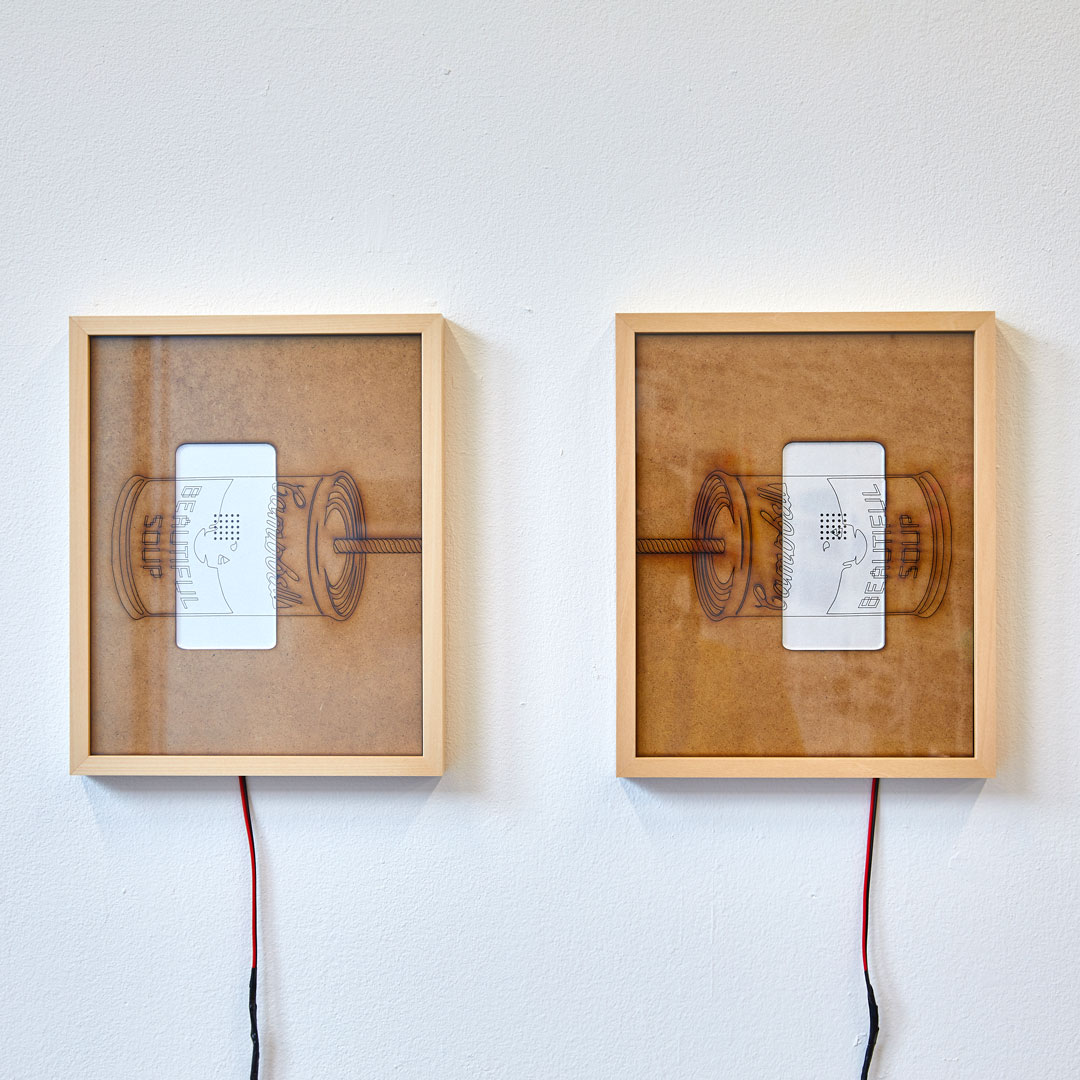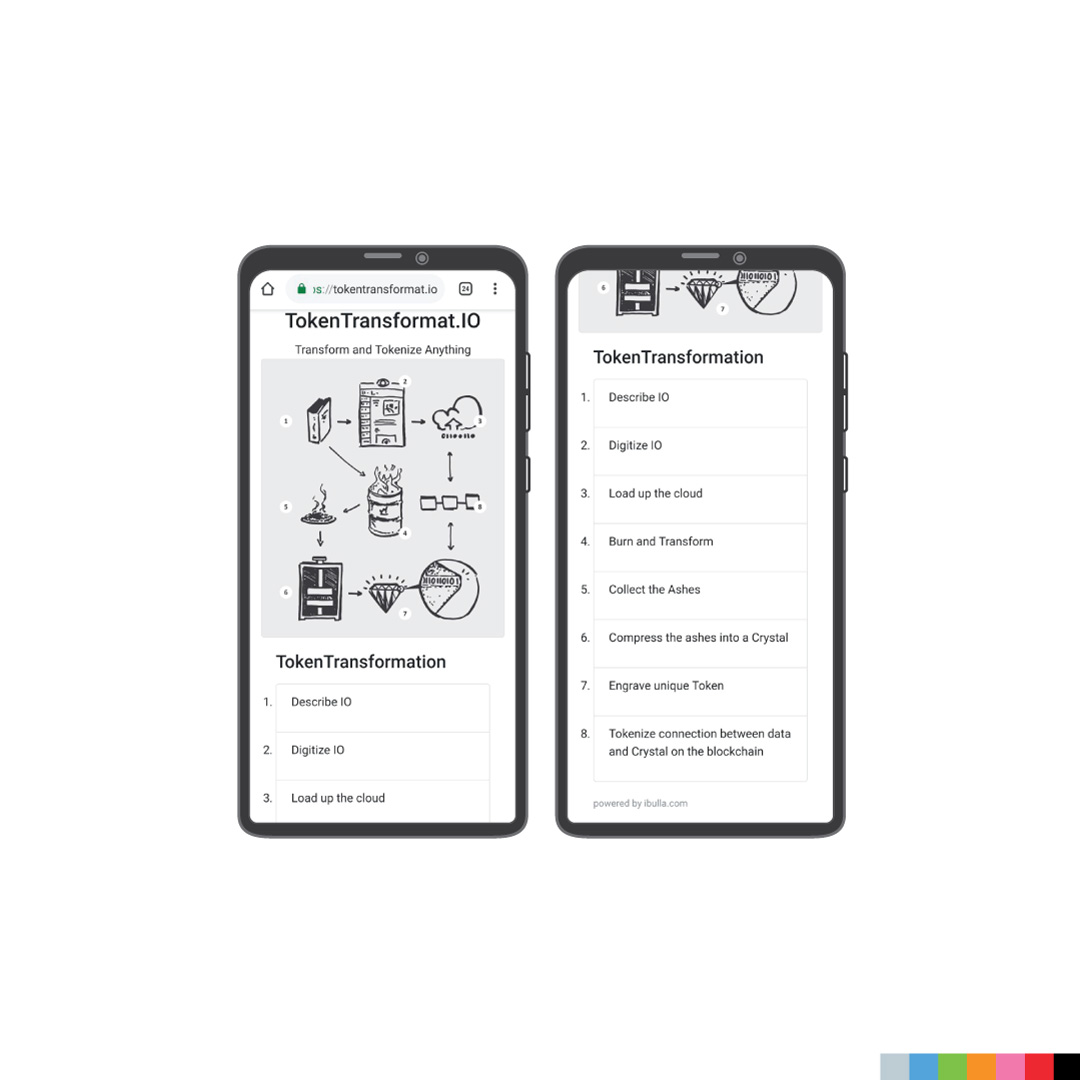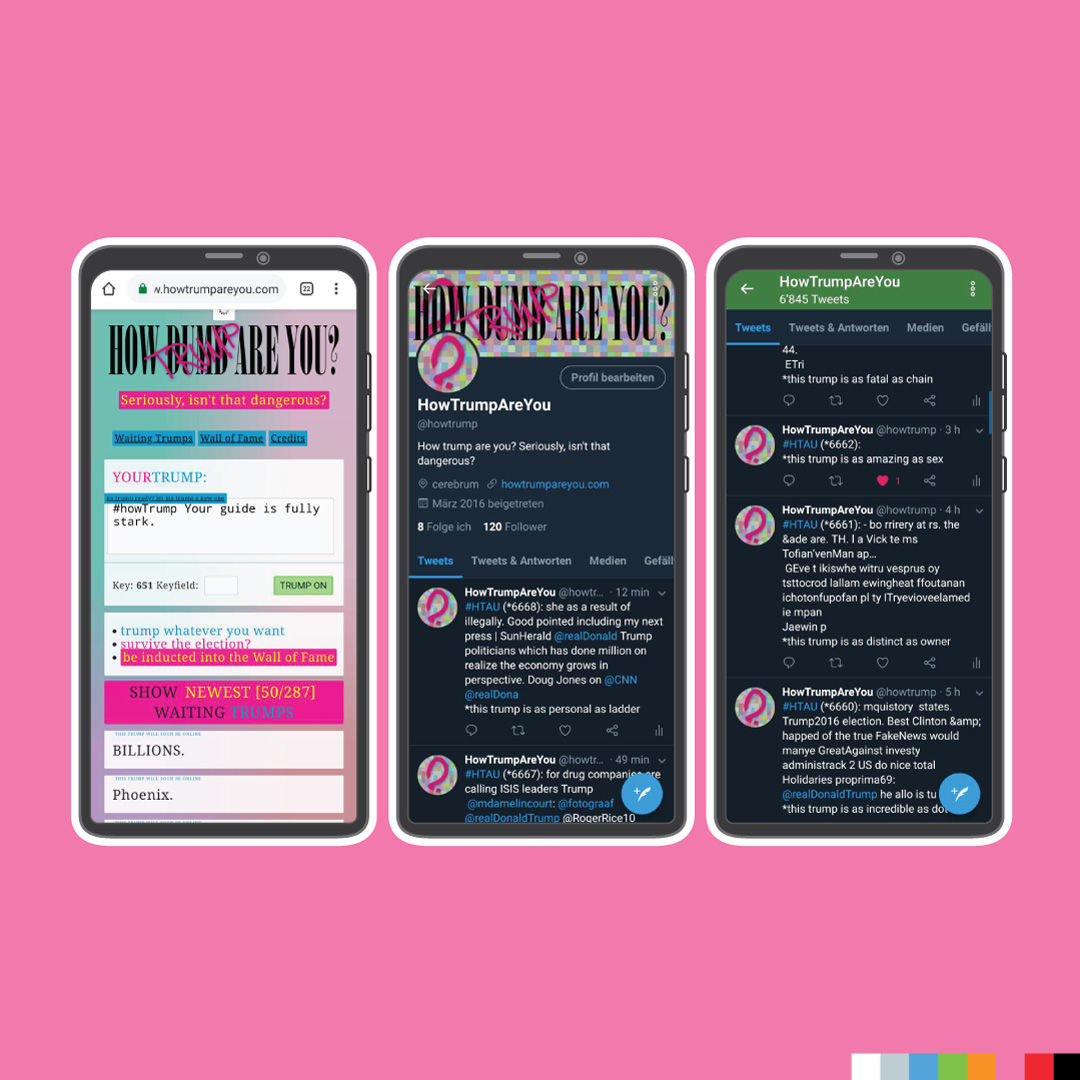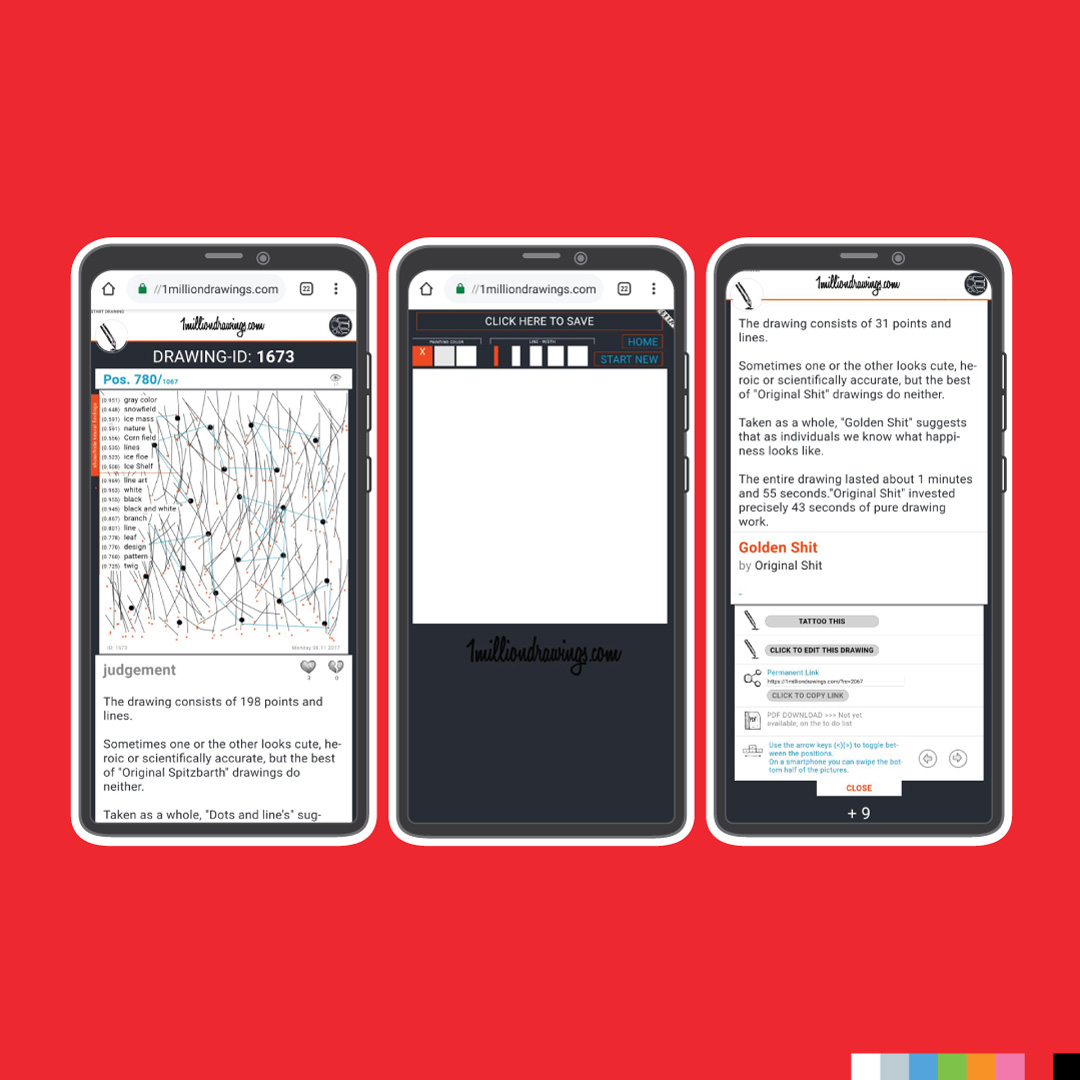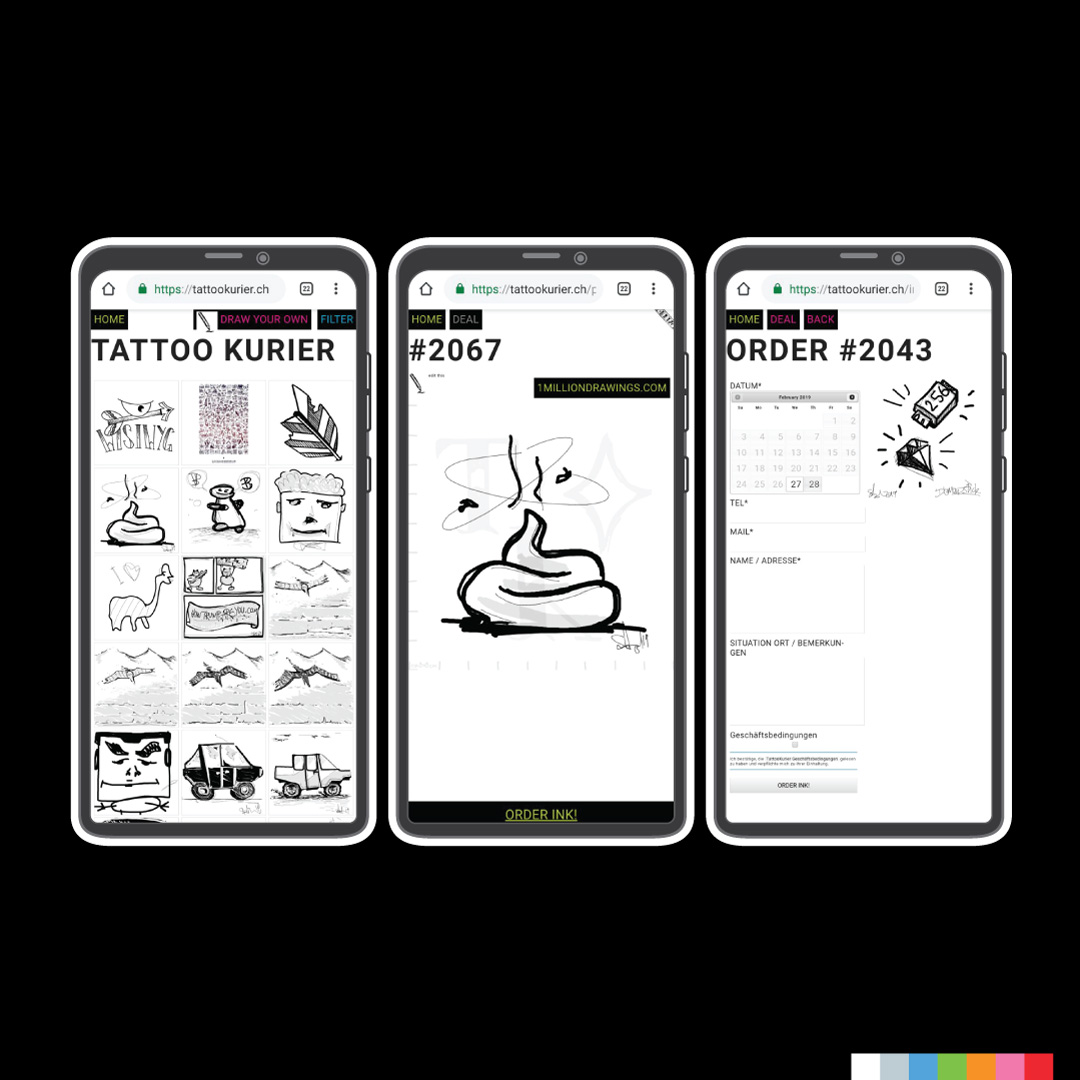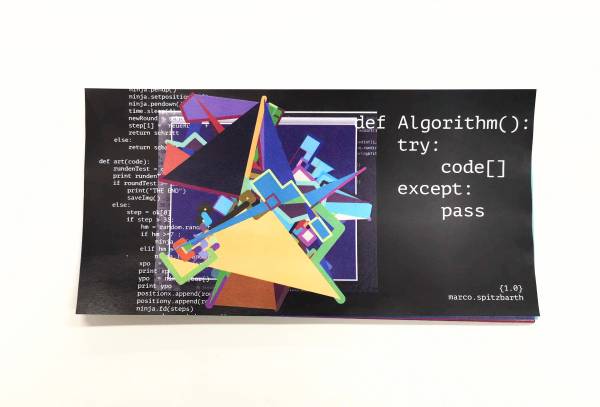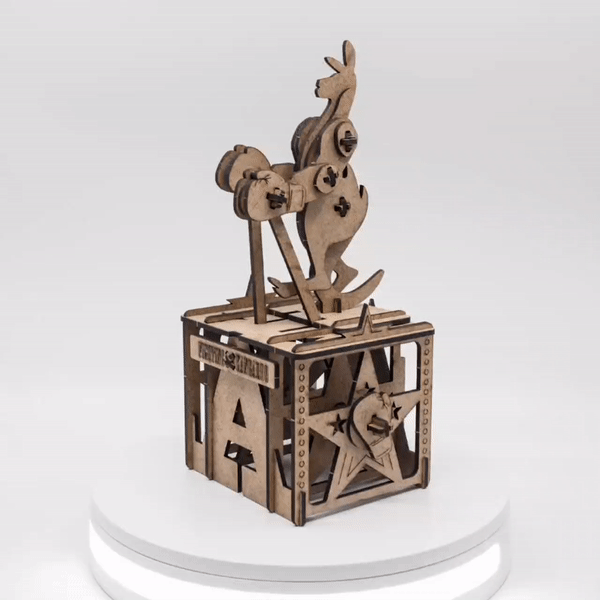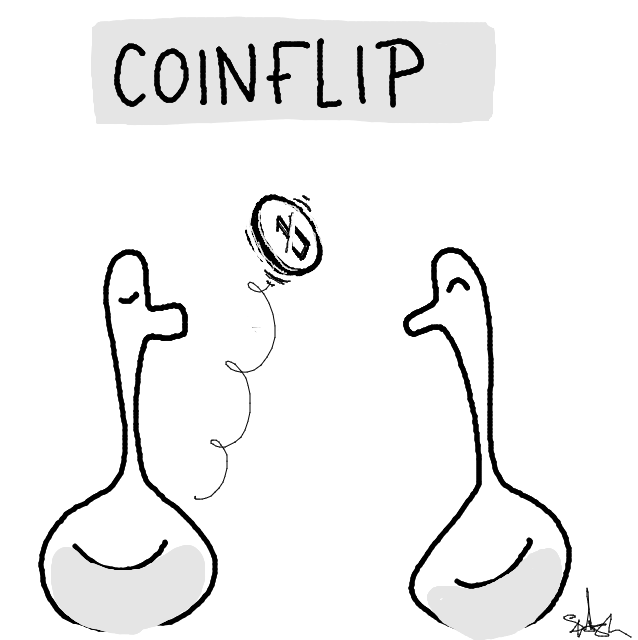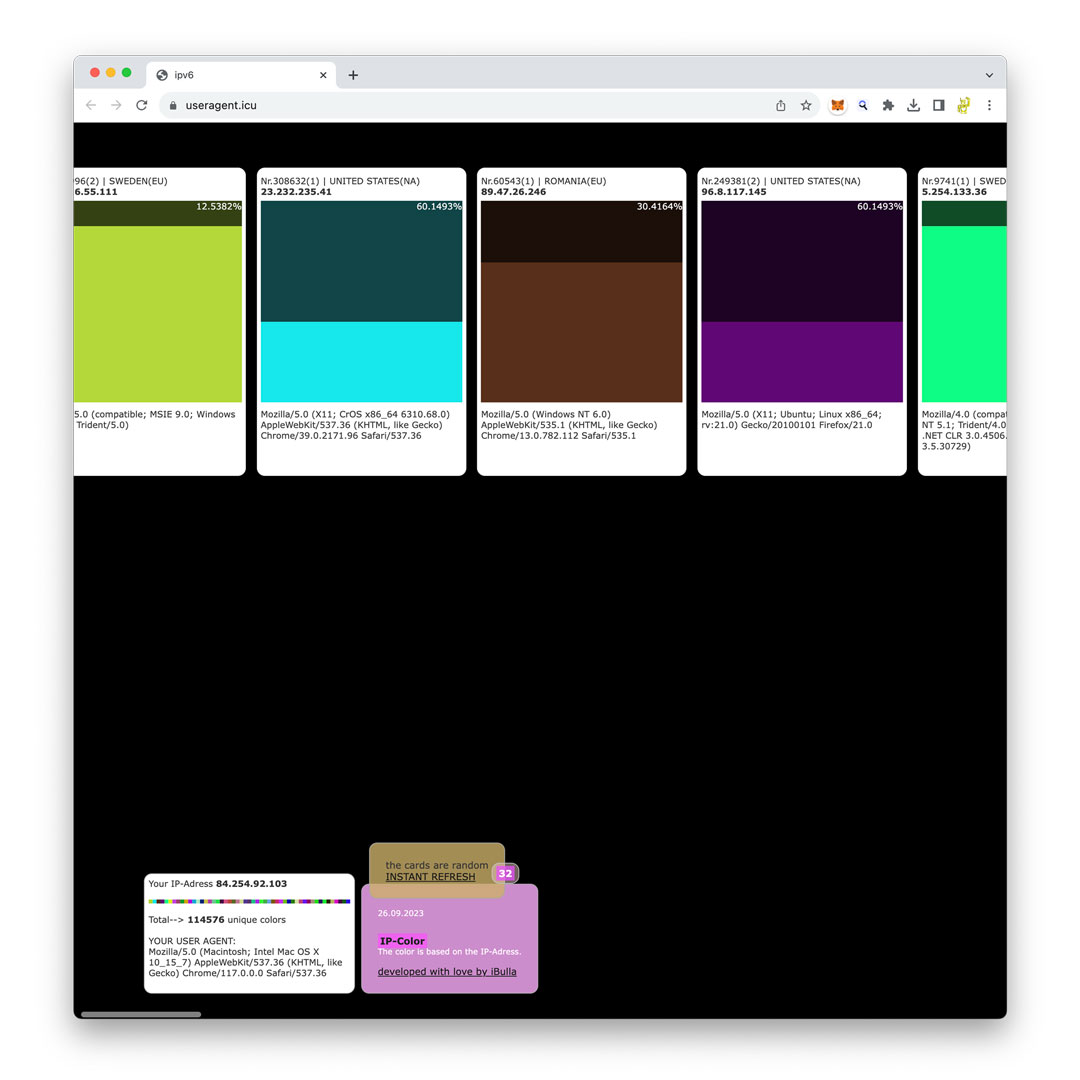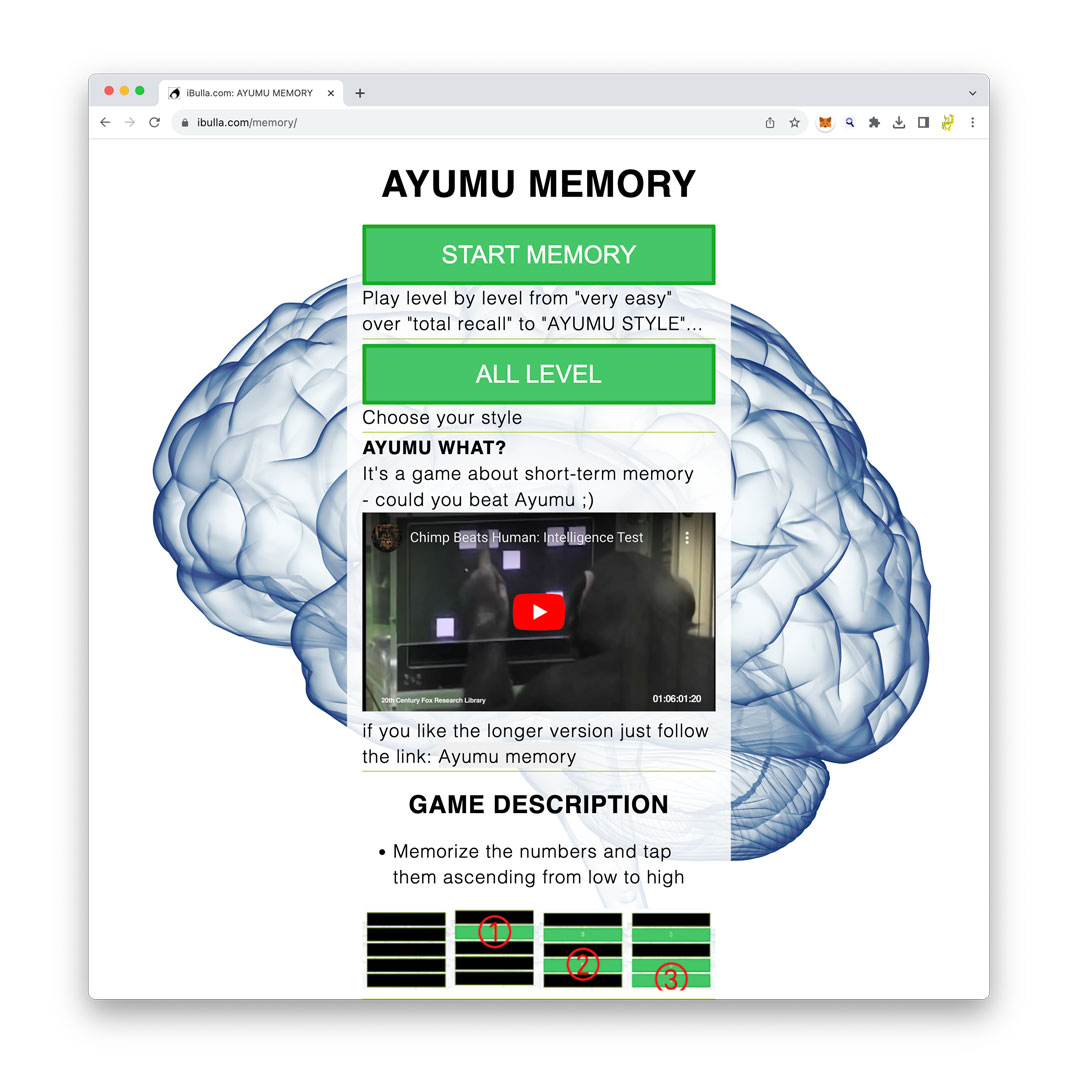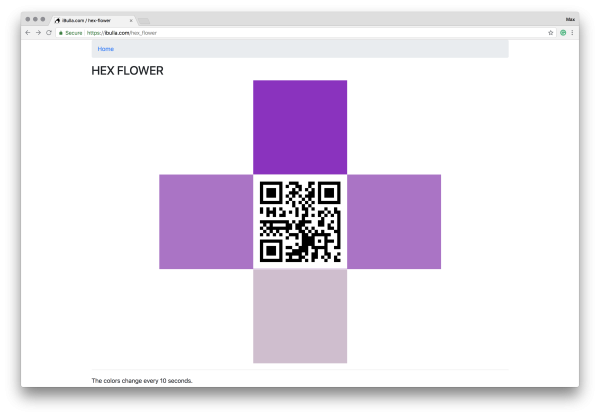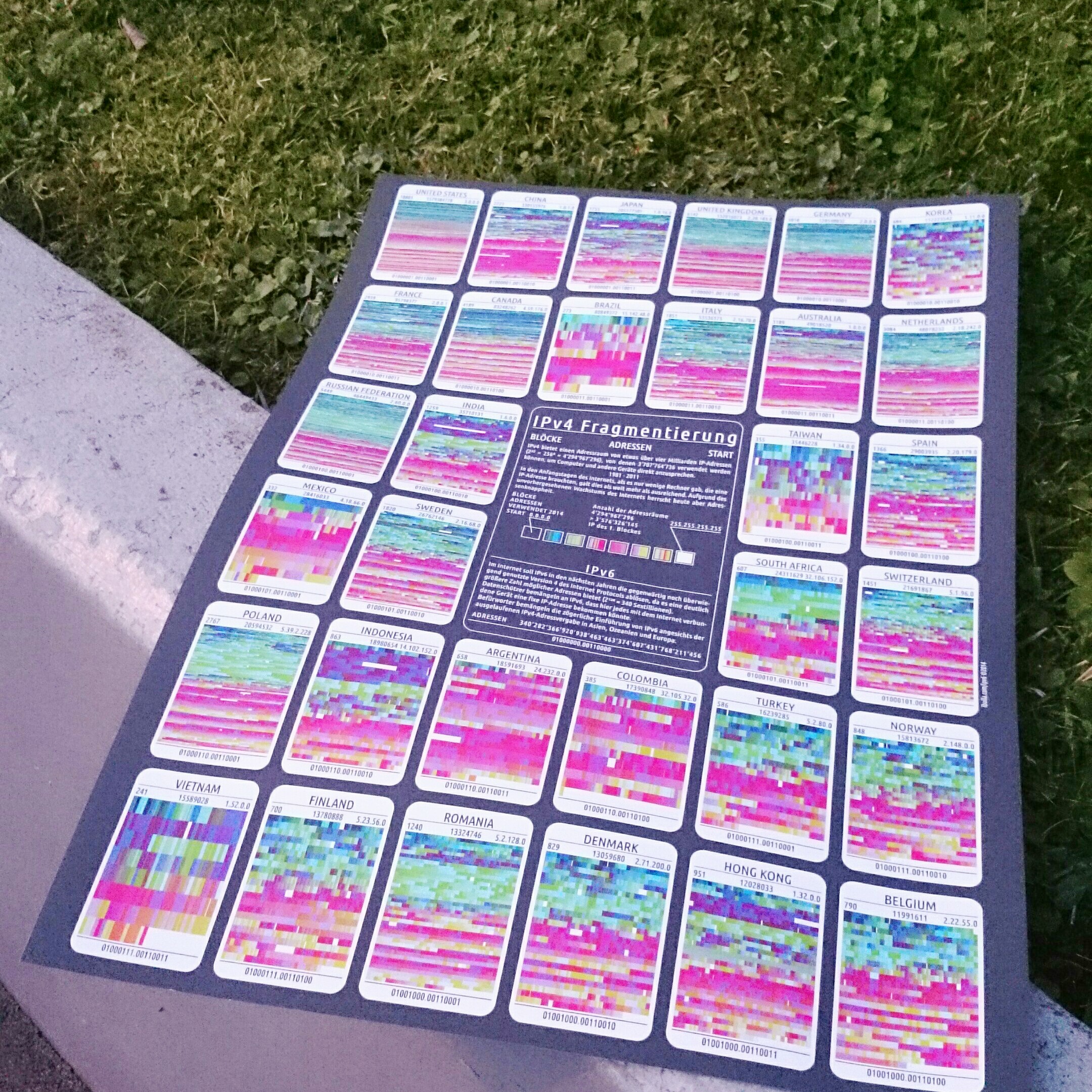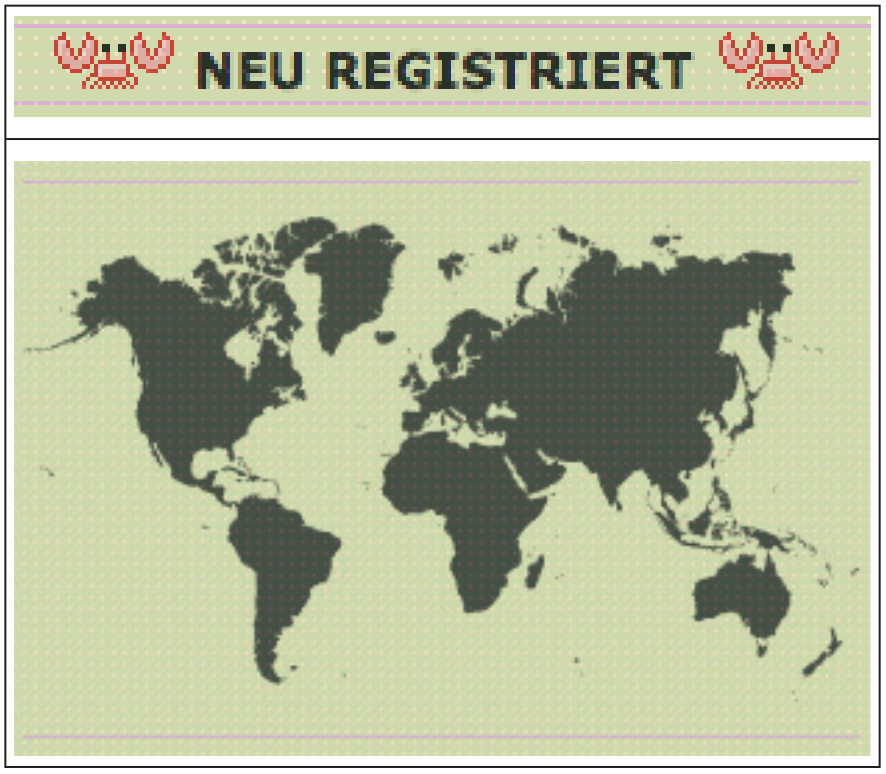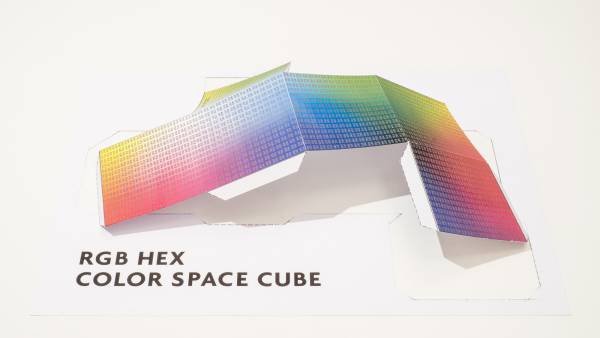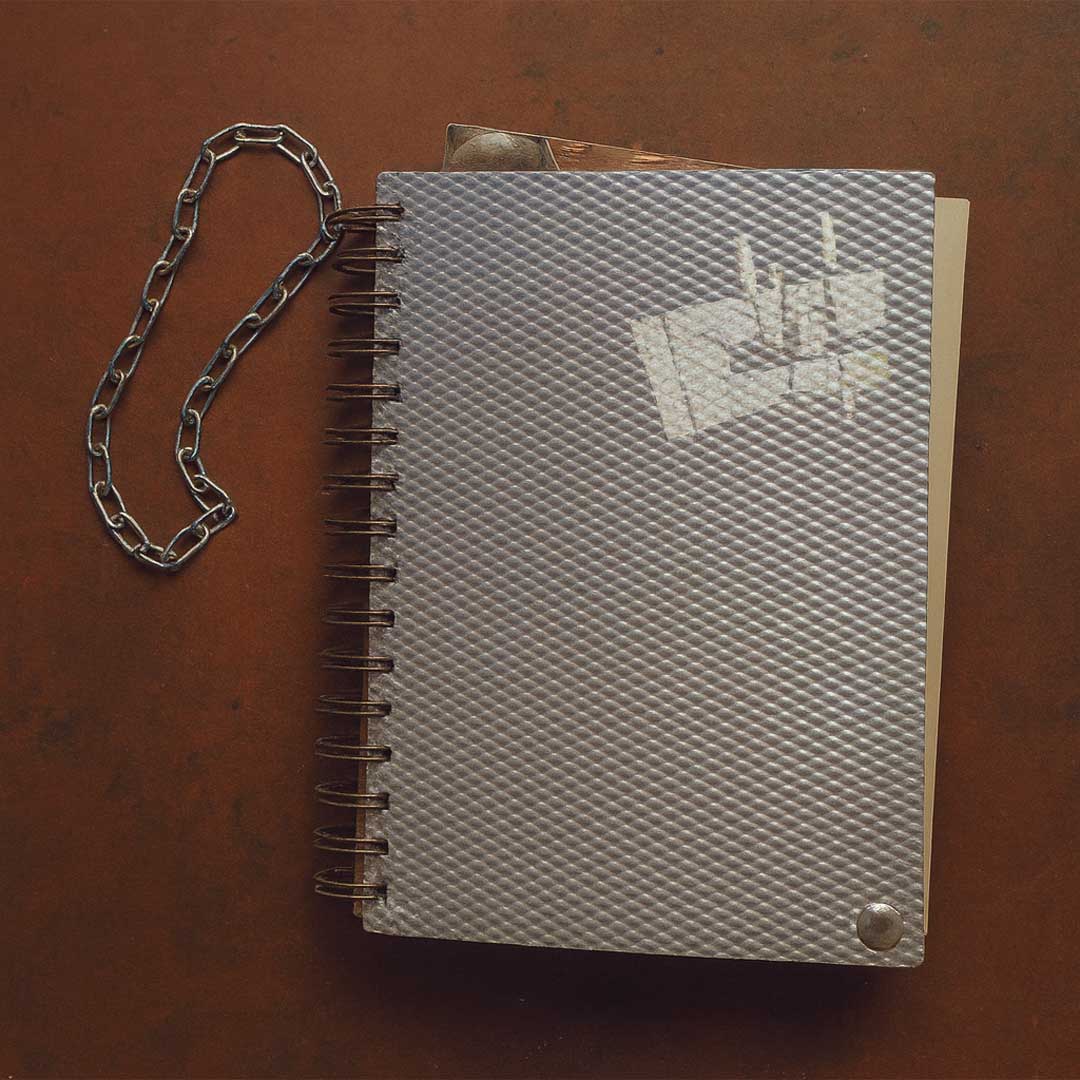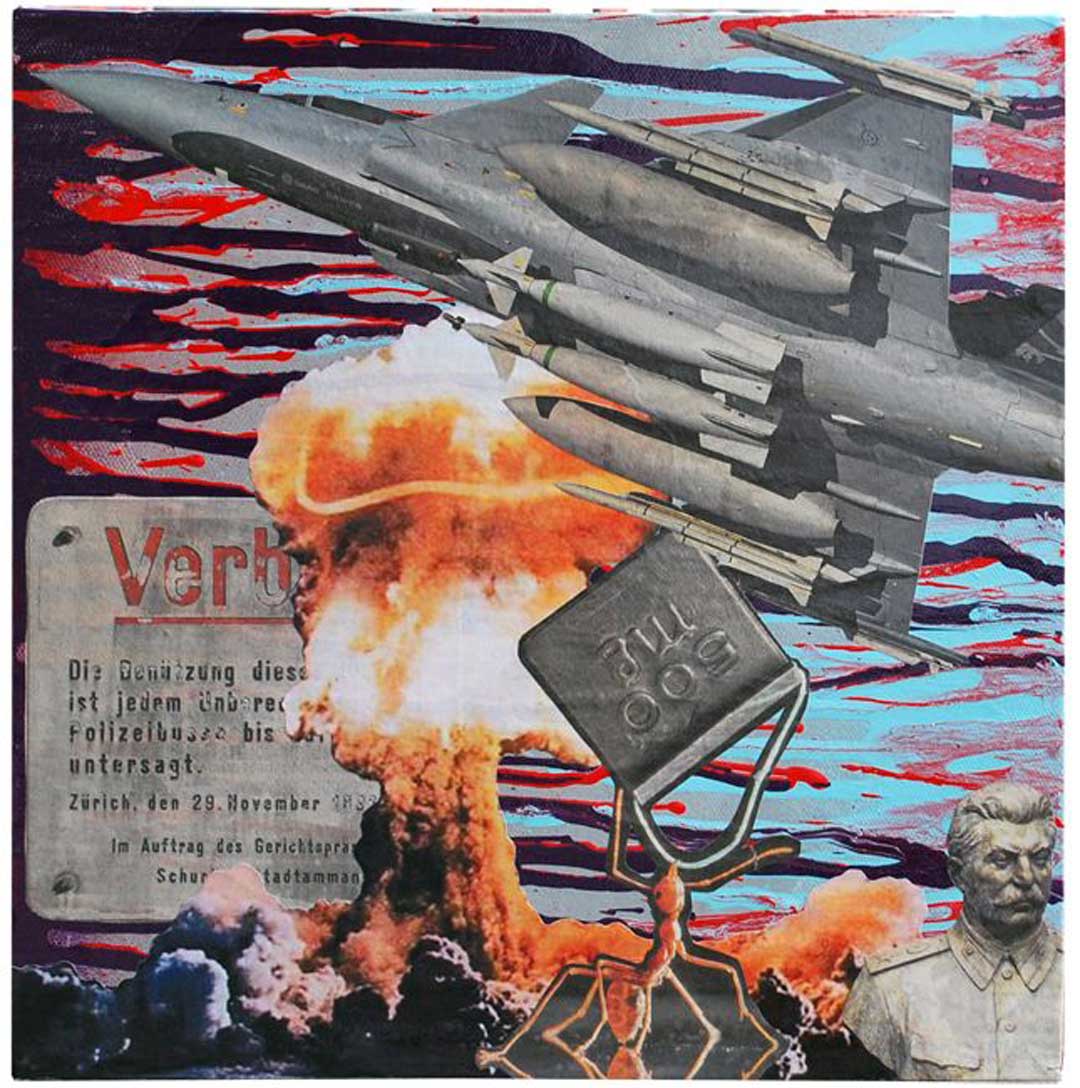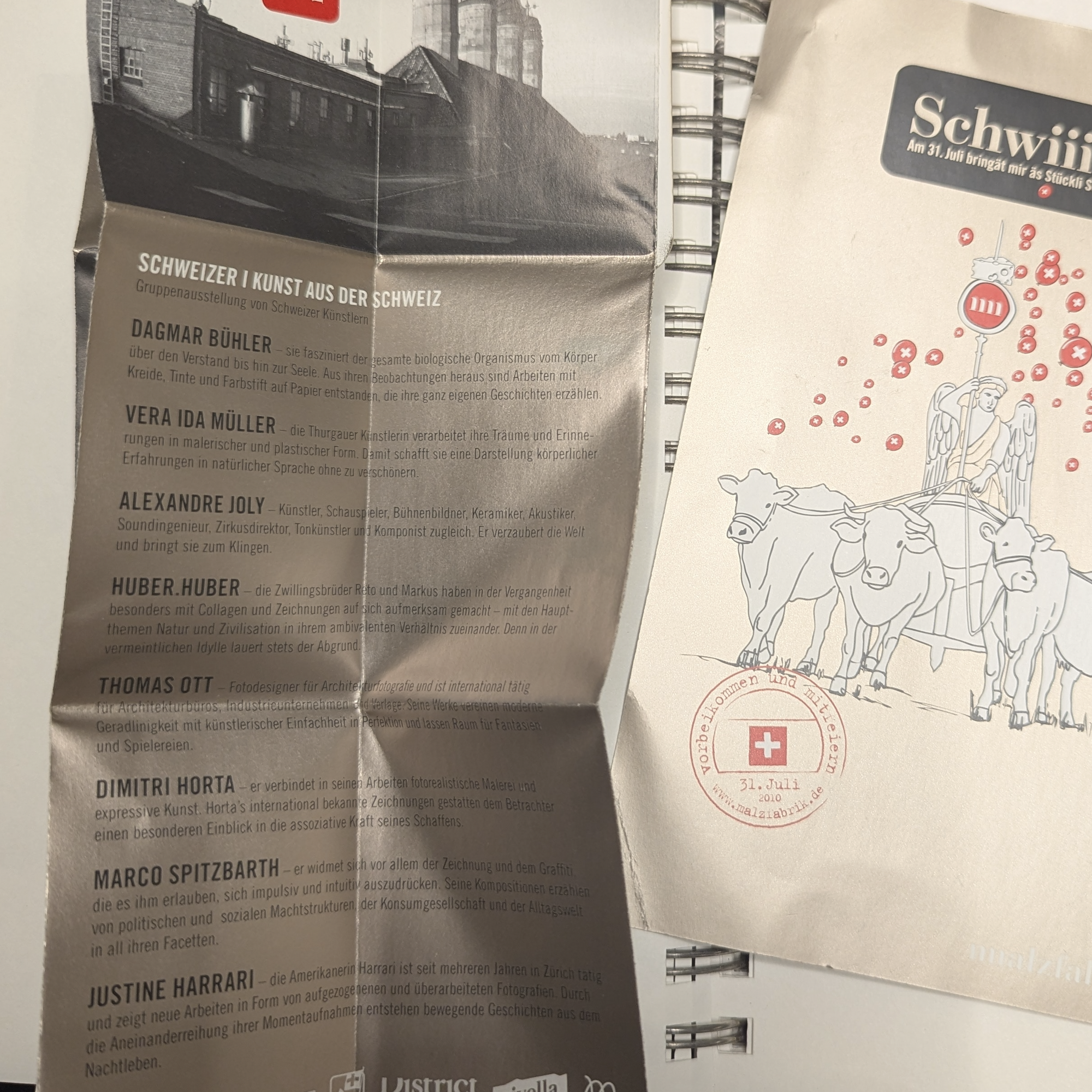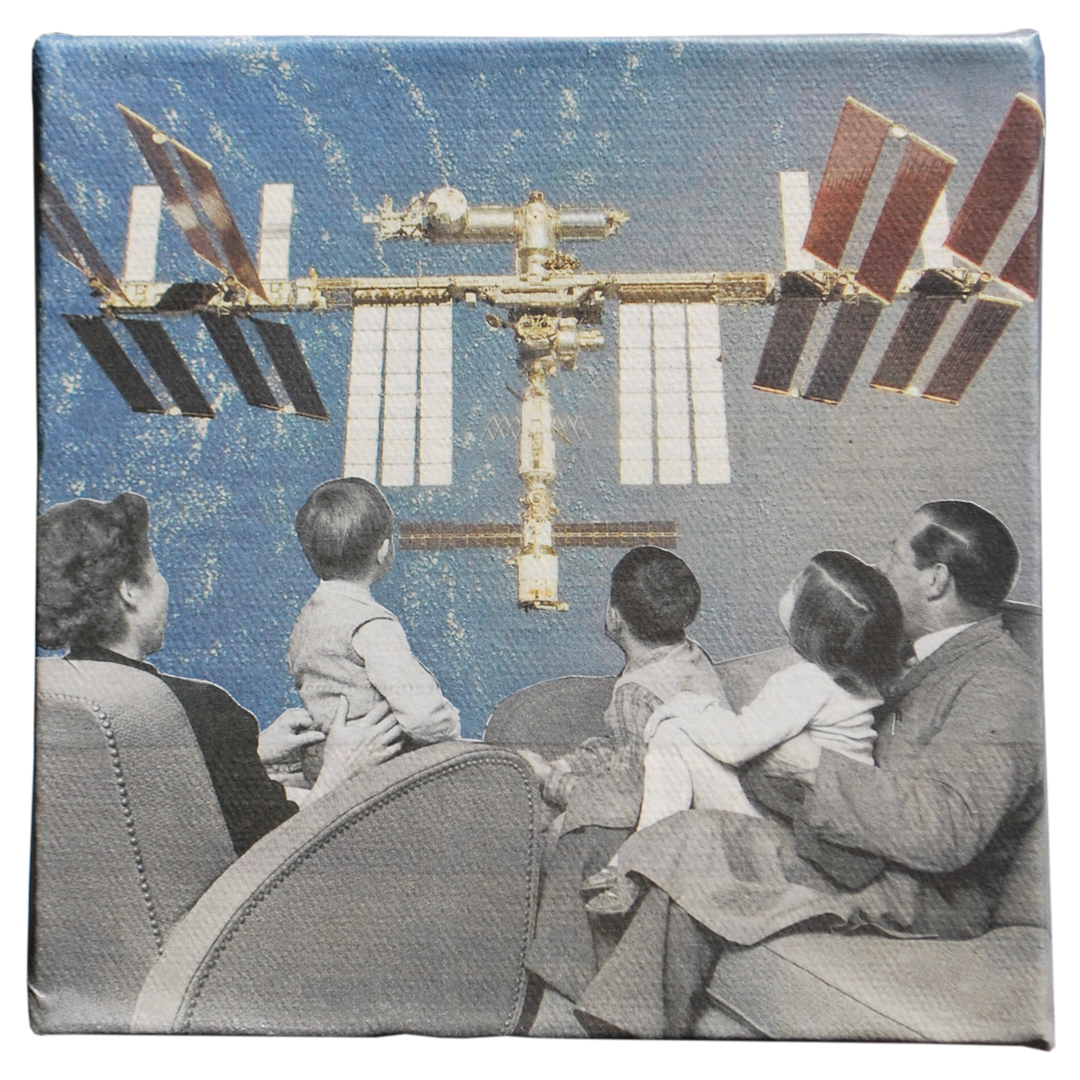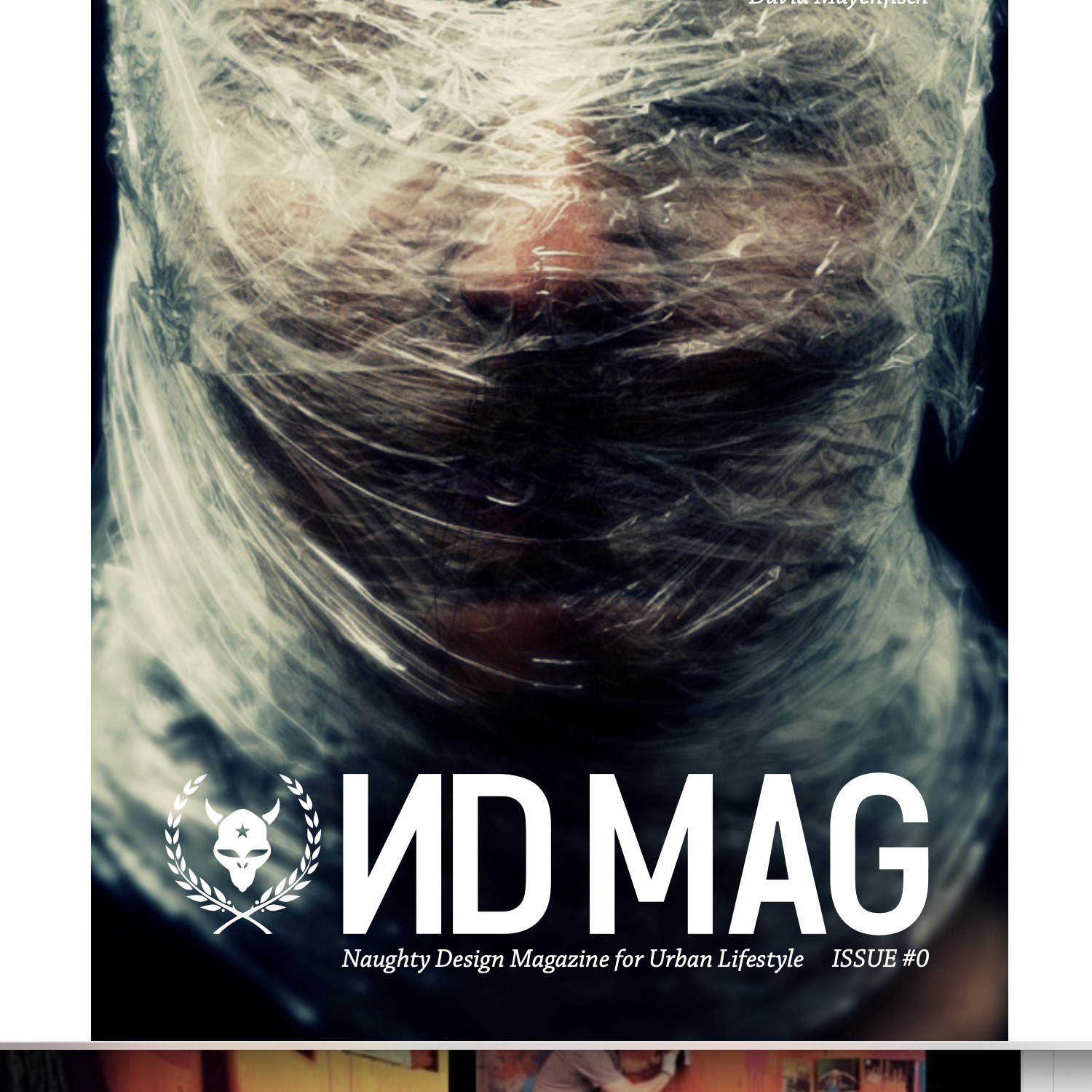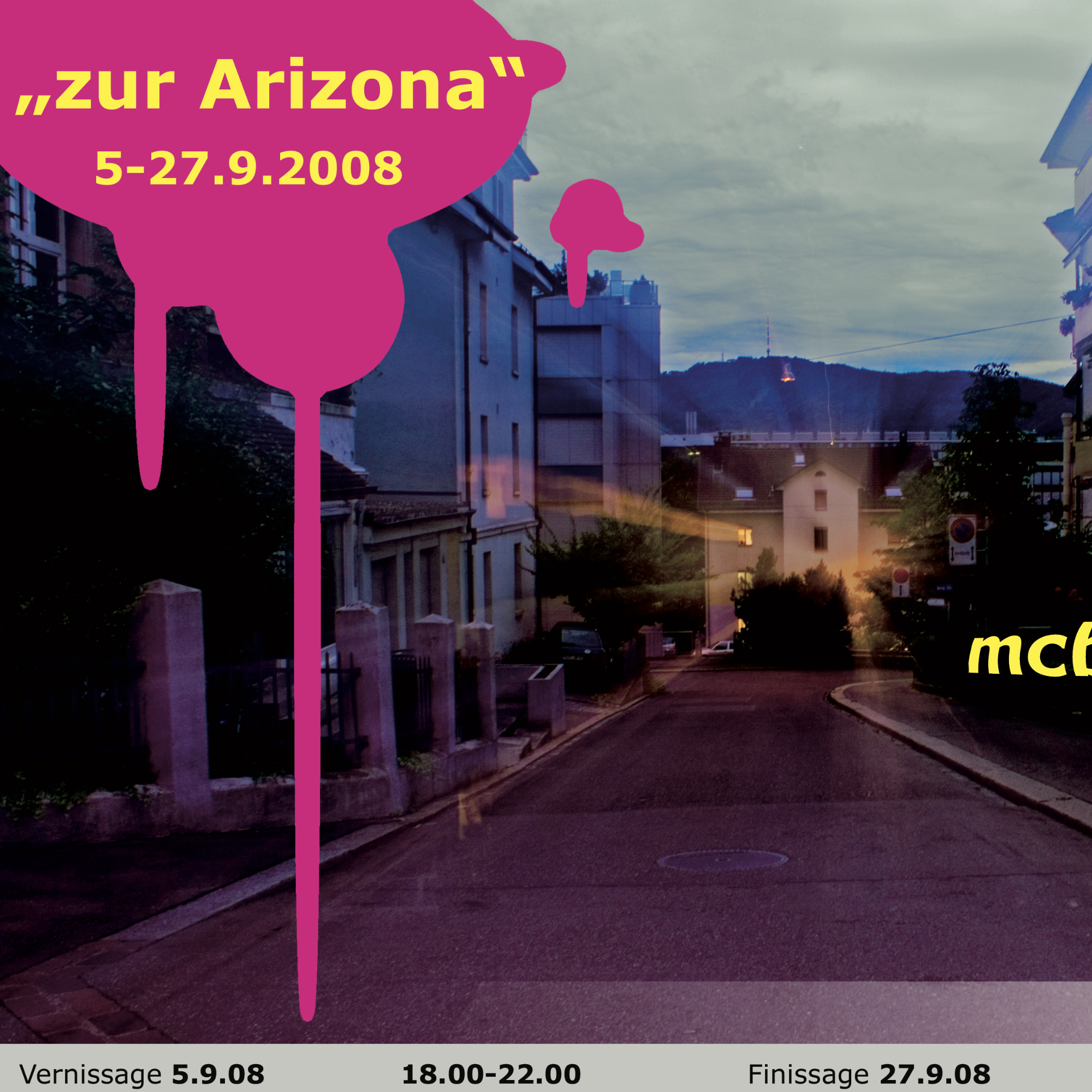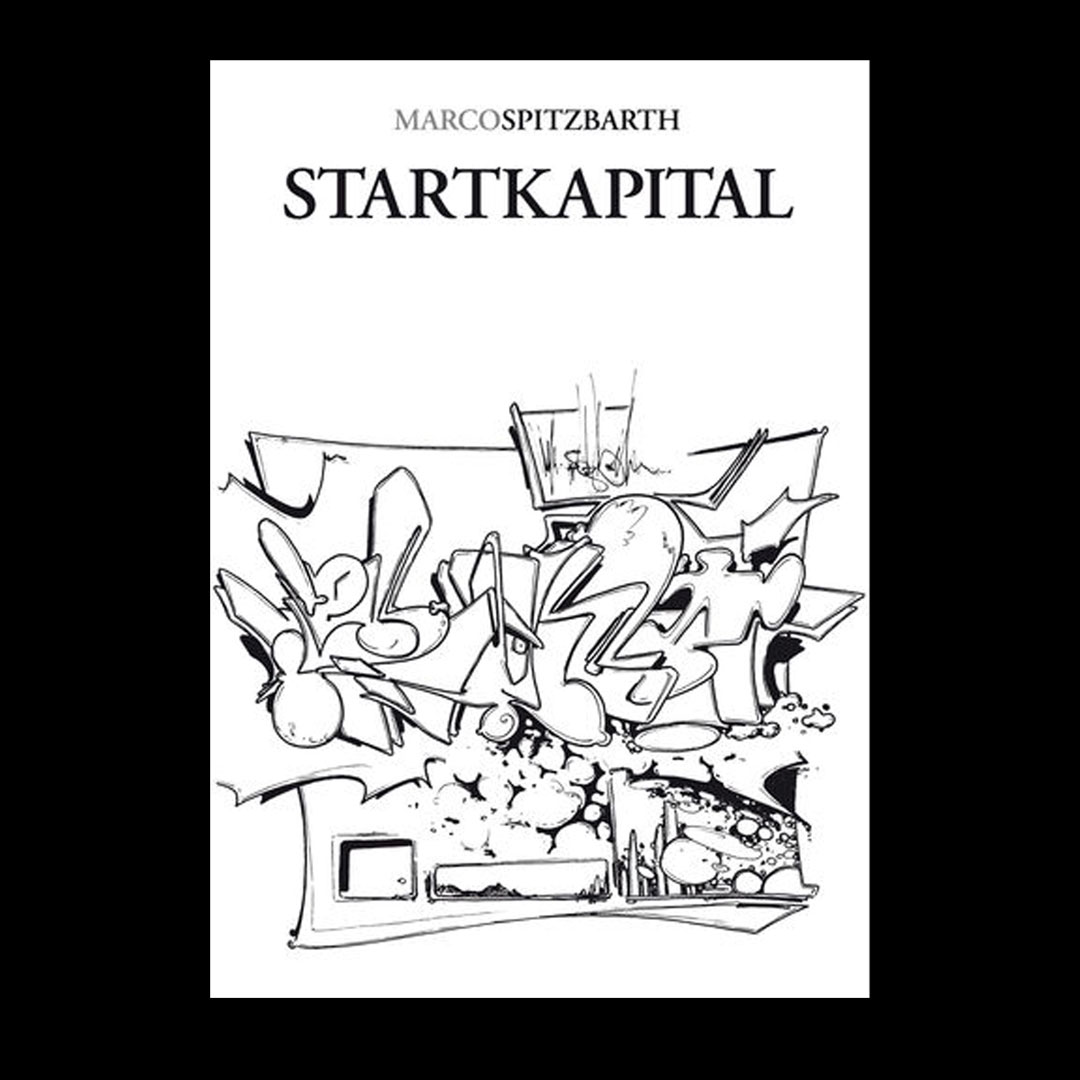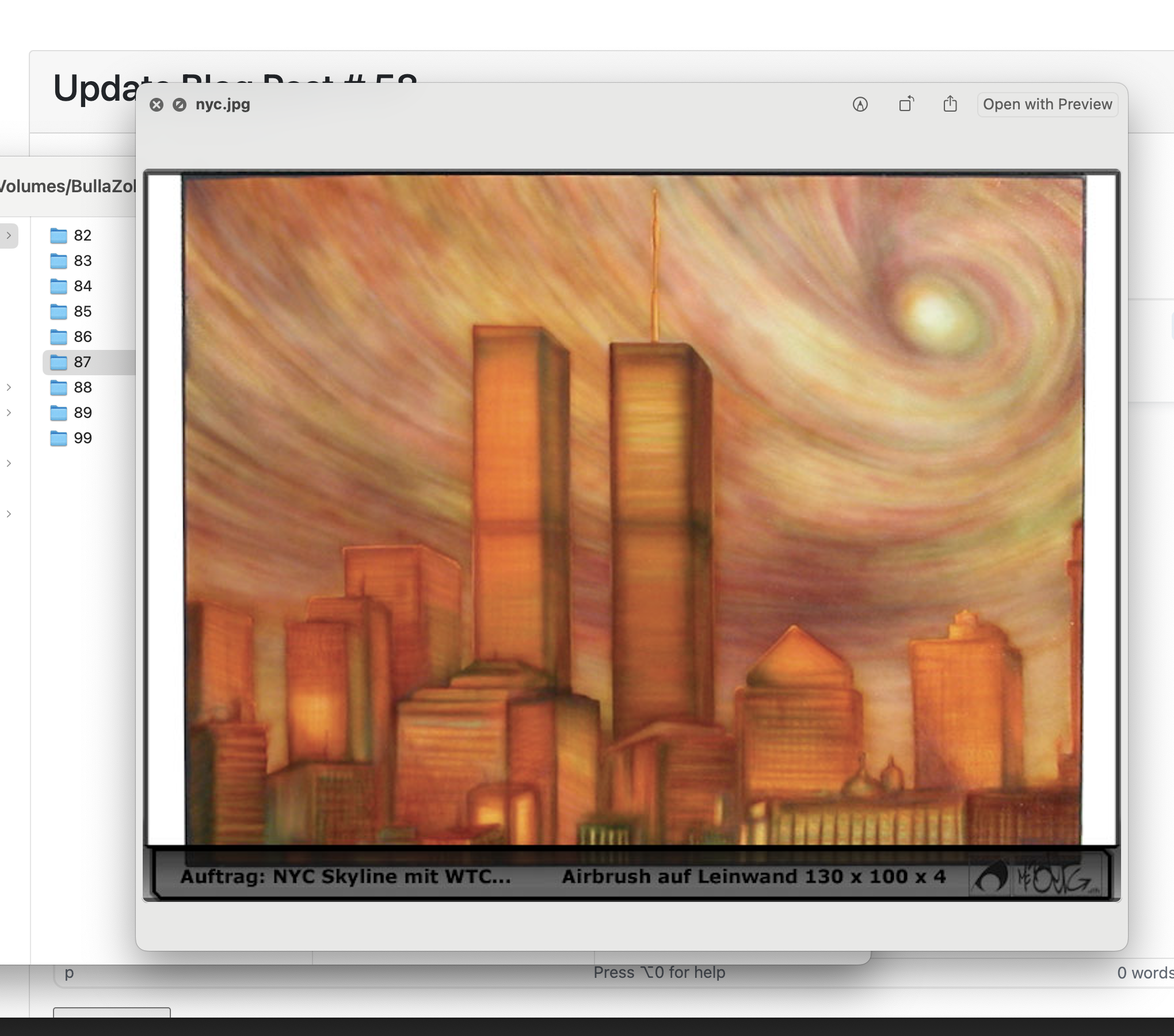REMOTE ADDRESS
Origins in a Digital Epoch: "ipv6{start}" emerged in 2012, a time when the vast expanse of the internet beckoned explorers into the labyrinth of data retention, privacy, network policies, security, and censorship. In this digital epoch, the project was conceived as an exploration, a voyage into the heart of the constantly evolving internet. With a modest grasp of programming, Marco Spitzbarth fashioned a website to spotlight an issue that has since taken center stage in society, captivating the attention of democracies worldwide.
![]()
Data Collection and Revelation: The heart of "ipv6{start}" lies in its ability to capture and store data. Each visitor's remote address (remote_addr) and user agent (http_user_agent) were recorded for future use. As time passed and users returned, or the same IP address resurfaced, a counter ticked upward, gradually revealing more of the project's content. This unfolding revelation was a mirror reflecting the increasing relevance of data privacy and transparency issues in our connected world.
A Digital Time Capsule: "ipv6{start}" serves as a digital time capsule, capturing a moment when internet users were beginning to grapple with the implications of data tracking and the ethical considerations surrounding it. What began as a modest experiment has grown into a powerful commentary on the evolution of the internet and the ongoing conversation about data, surveillance, and individual rights.
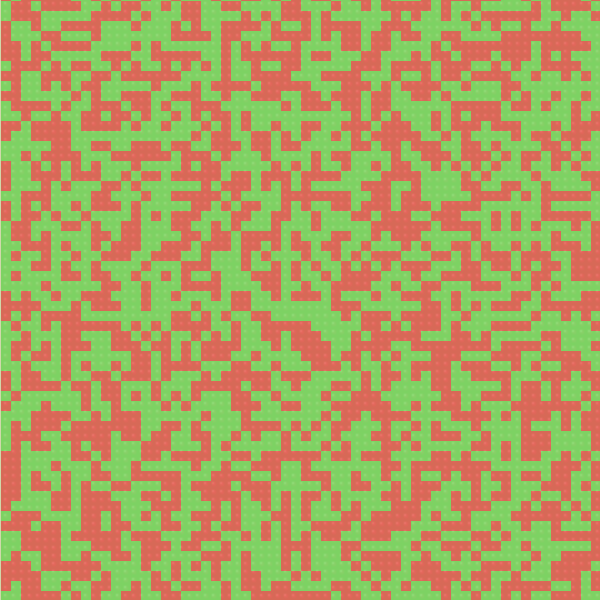
This project invites contemplation of the profound changes in our digital landscape over the past decade. It serves as a reminder of the importance of transparency, consent, and ethical practices in the realm of data collection—a conversation that has only become more urgent with time. "ipv6{start}" is not just a project; it's a reflection of our evolving relationship with technology and the pressing need to address the ethical and privacy challenges it presents.
WEBSEED
https://www.ibulla.com/ipv6/index.php
PDF
https://ibulla.com/i/assets/img/remote-address-pdf-ipv6-start-marco-spitzbarth-ibulla-2012.pdf
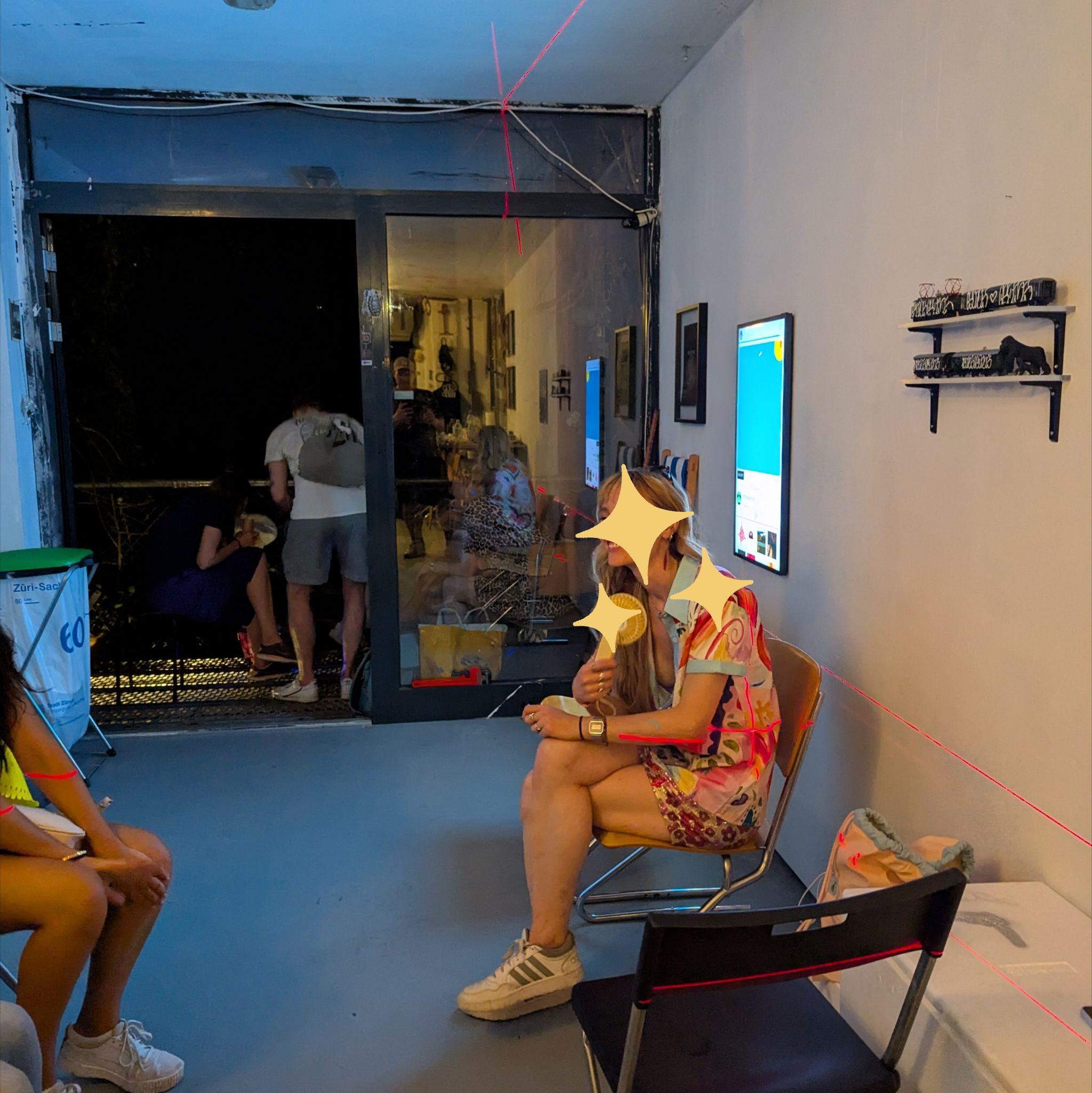
2025 | OpenHouse25
Marco Spitzbarth zeigt aktuelle Arbeiten seines „künstlerischen Labors“ und lädt Besucher:innen abseits der Führungen ein, Teil seines Schaffensraums zu werden.
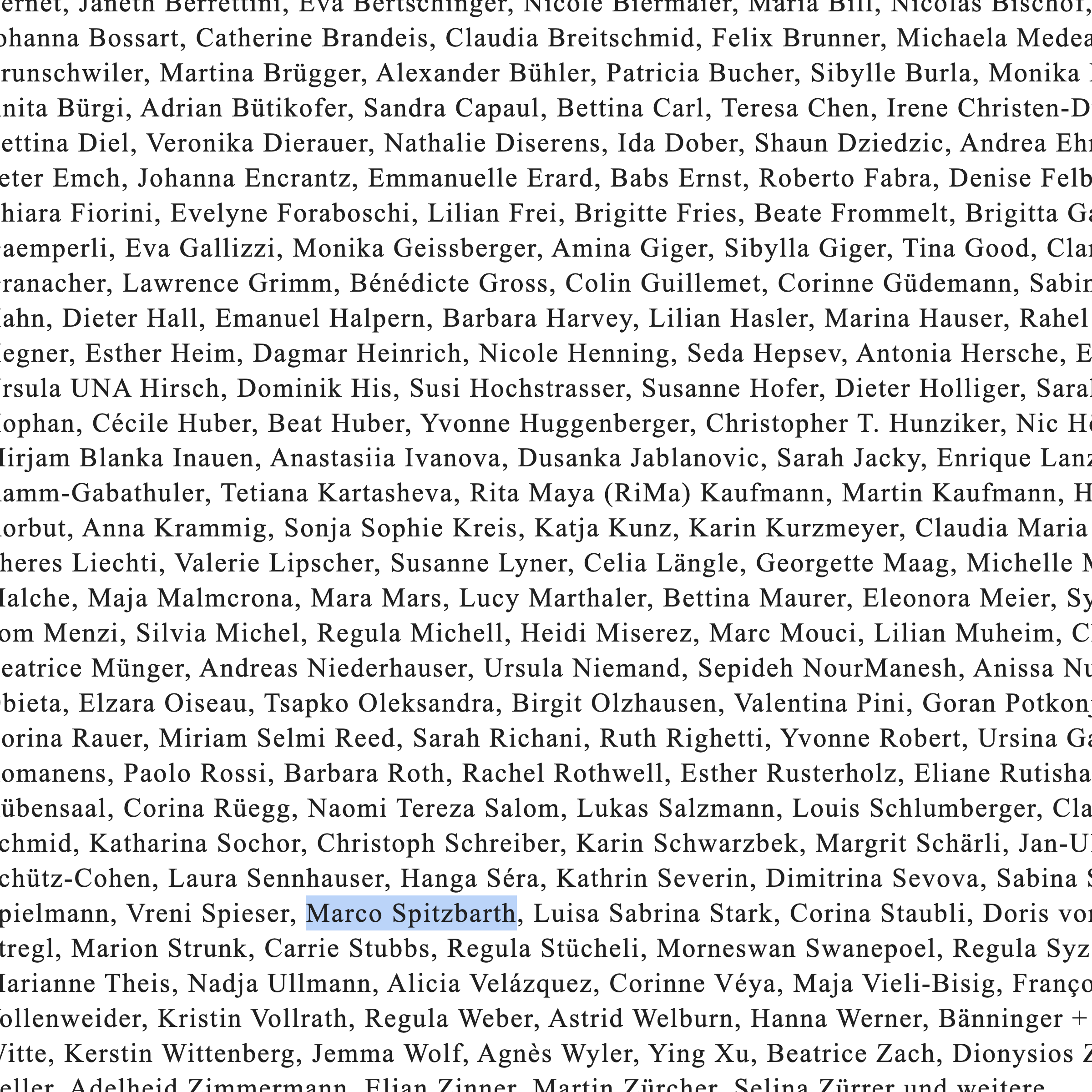
2025 | Einsichten25
Über 220 Mitglieder der Visarte Zürich zeigen ihre aktuellen Werke an der diesjährigen Jahresausstellung.
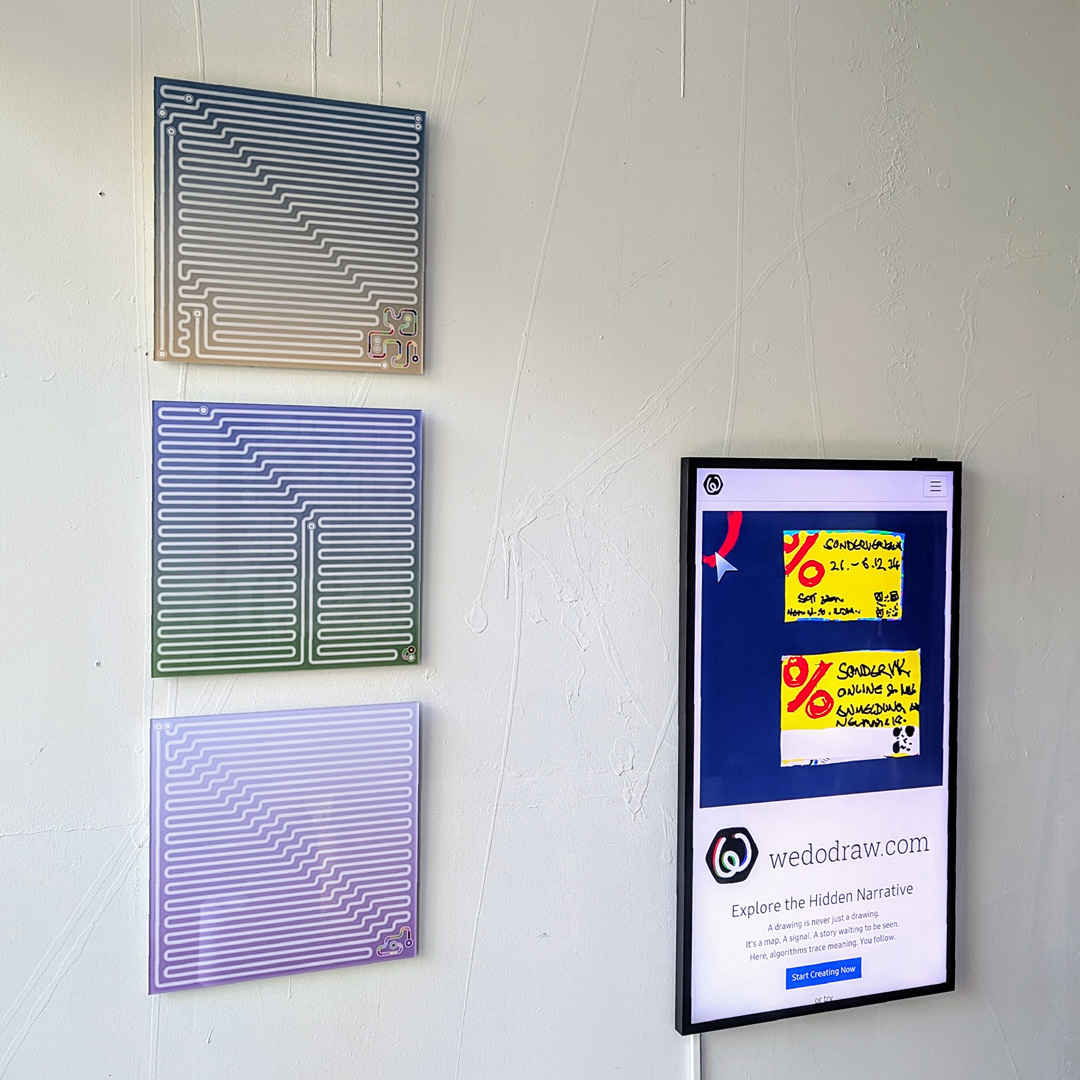
2025 | Subroutines
Subroutines transforms algorithmic decision-making into visual form. Each print captures an environment shaped by countless micro-choices — and by a colored “agent”. Like in life, a single anomaly can ripple outward, rewriting the system it inhabits.

2025 | FoxP2
Offener, einphasiger Kunst-am-Bau-Wettbewerb, Humboldt Forum - zeitgenössische Fassade am Nordgiebel

2025 | Sun Never Born
A meditation on the threshold between nature and synthesis—where the promise of a sun, yet to rise, lingers in the quiet code of creation.

2025 | Resonate Tissue
An immersive installation that explores the interplay between organic forms and digital echoes. By merging tactile materials with sensor-driven feedback, “Resonate Tissue” invites viewers to reflect on the fluid boundaries between the physical body and technological resonance, underscoring our evolving relationship with the living and the virtual.

2025 | WeDoDraw
Explore the Hidden Narrative A drawing is never just a drawing. It’s a map. A signal. A story unfolding stroke by stroke. On wedodraw.com, algorithms reveal patterns. You create, watch, and discover.

2024 | Mobile Resistance
The work transforms rigid reinforcing bars into mobile sculptures that traverse the urban space and challenge physical and metaphorical barriers through their precarious, adaptable presence.

2023 | Op3nDays
A series of talks and demonstrations organized to highlight the integration of “wedodraw” with a GRBL-driven machine. The event showcased creative drawing workflows, bridging open-source technology and artistic experimentation in a live, interactive setting.
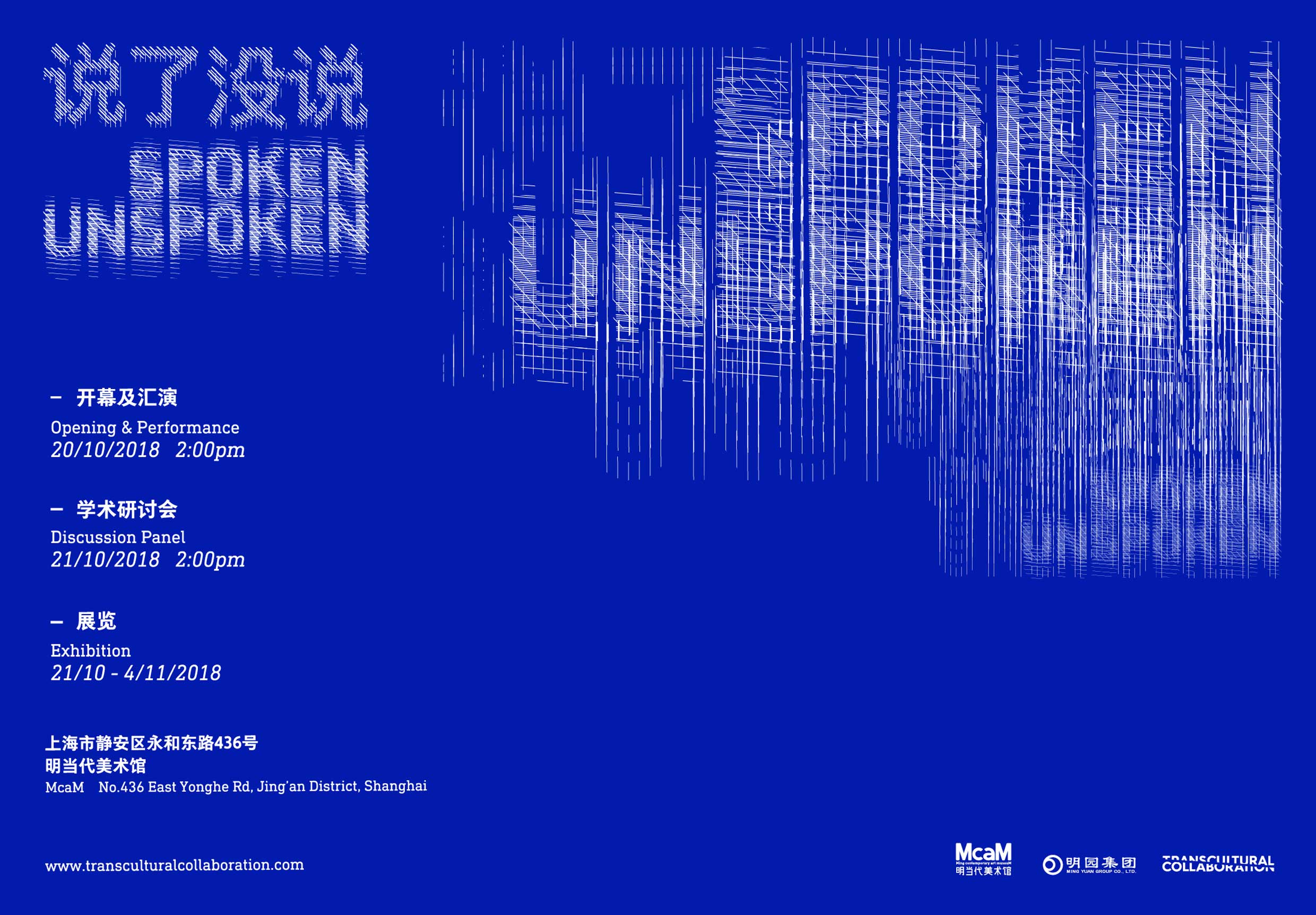
2018 | TC 18
Transcultural Collaboration: "Tanhua": A Tribute to the Global Workforce / "Mass Prey": The Abyss of Desire

2006 | Burnout
a 72-hour, sleepless performance in which I lived within a transparent polycarbonate box under constant public and online surveillance.
